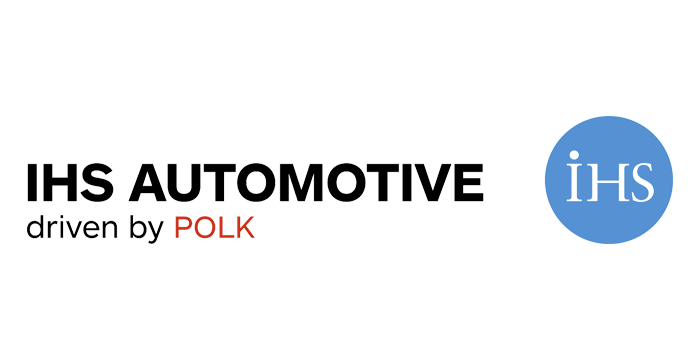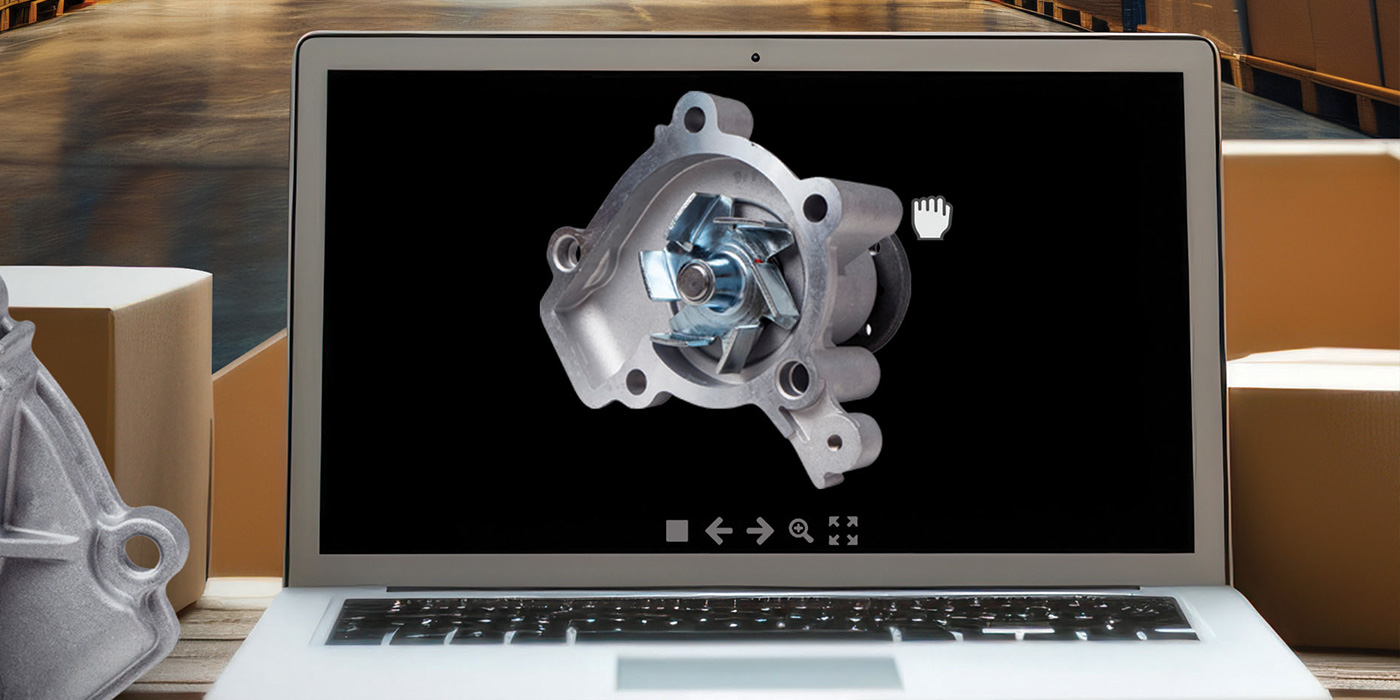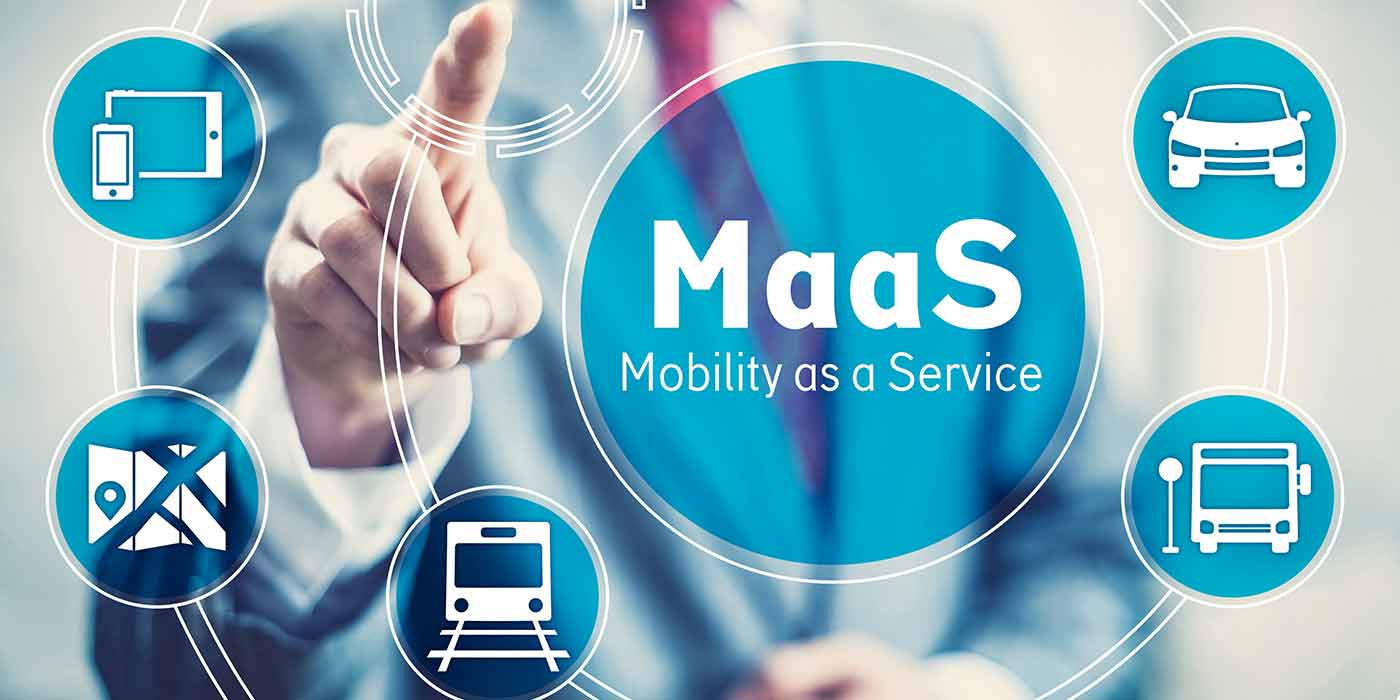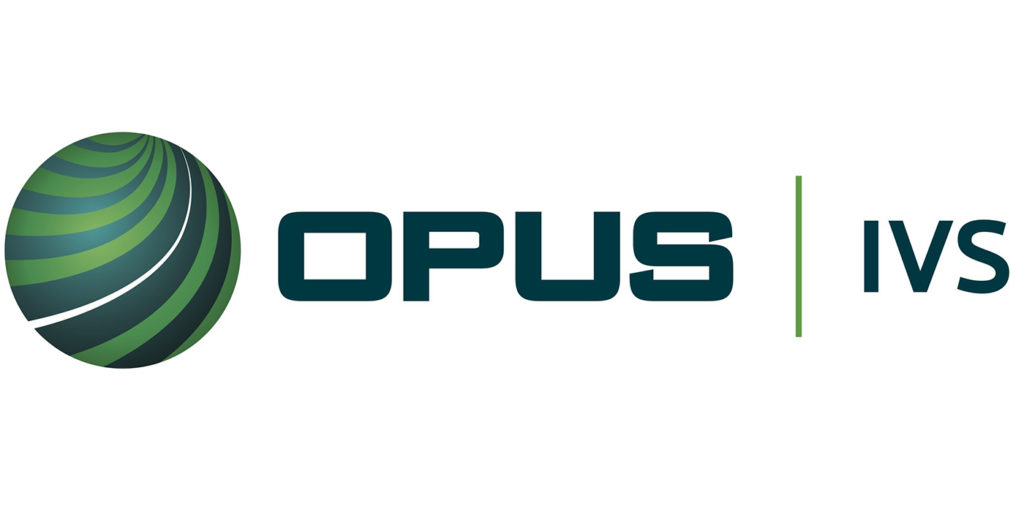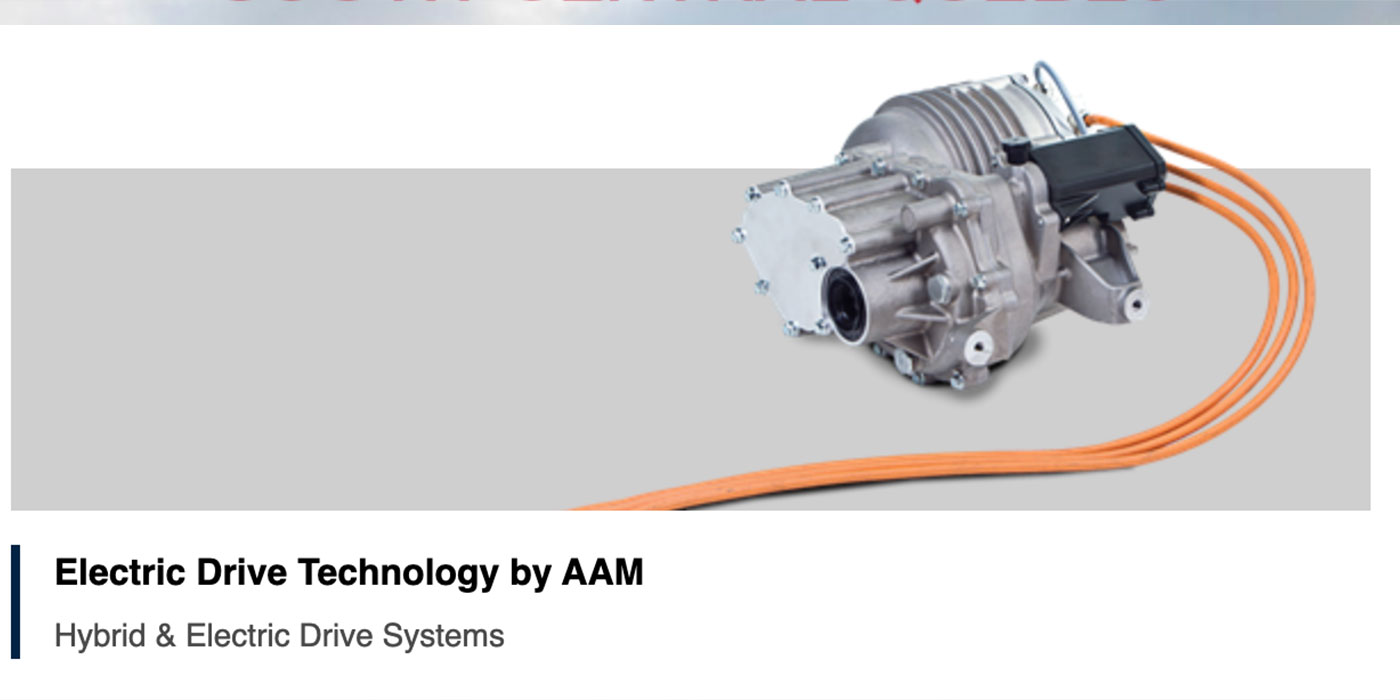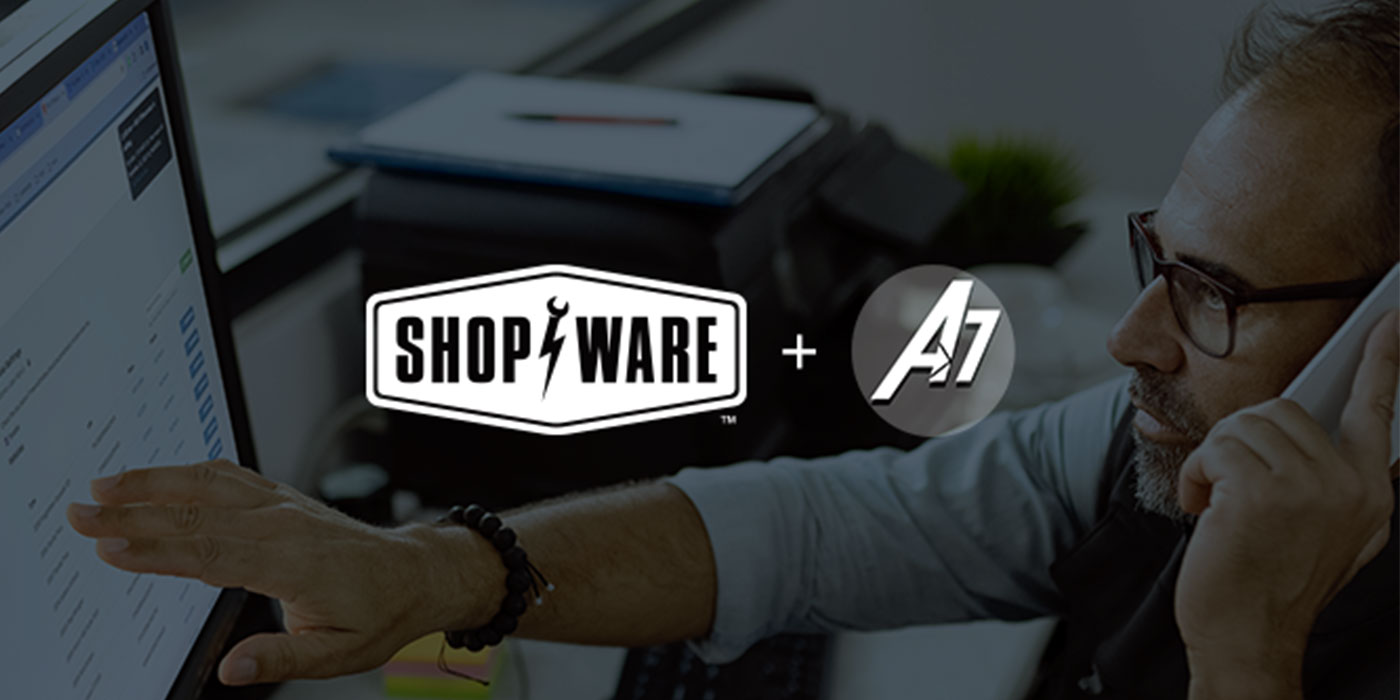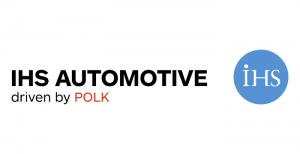 Customer loyalty to automotive brands reached a 10-year high during the first quarter of 2015, according to analysis from IHS Automotive, a global provider of information and insight to the automotive industry.
Customer loyalty to automotive brands reached a 10-year high during the first quarter of 2015, according to analysis from IHS Automotive, a global provider of information and insight to the automotive industry.
The analysis found that brand loyalty during first quarter 2015 was 52.8 percent. Several brands also experienced 10-year highs in loyalty rates, including Chevrolet, GMC, Infiniti, Jeep, Land Rover, Lexus, Lincoln, Mazda, Mitsubishi, Nissan, Porsche, Subaru and Volvo.
“The increased number of different models within brands makes it easier for households that may need a different type of vehicle to maintain their loyalty,” said Tom Libby, manager of automotive loyalty and industry analysis at IHS Automotive. “In addition, the increased popularity of leasing since the downturn has helped significantly as lessees are consistently more brand loyal compared to retail owners.”
The number of models available in the U.S. market increased by 33 (12 percent) from 2005 to 2015, driven by major increases at several luxury brands. Customers returning to market now have a greater number of choices at the brand from which they purchased their original vehicle, increasing the probability that they will remain brand loyal.
Industrywide, vehicle leasing is also hitting a high for this decade, and has rebounded from its decade low of 13.9 percent of the market in 2005 to 22.5 percent of the market so far in 2015, a nearly 62 percent increase. Based on new vehicle registrations analyzed by IHS, 24 of 32 segments reviewed had an increase in lease penetration over the decade.
In several vehicle segments, there have been increases in leasing penetration of more than 20 percentage points. This leasing trend is due, in part, to greater cooperation between OEM captive finance arms and their operating divisions.
Other contributors to higher loyalty rates include improved new vehicle quality, which is keeping consumers happy with their vehicle choice over time, implying higher loyalty and lower defection rates. Marketers also are aware that it is more cost effective to retain a customer than to conquest one, and therefore OEMs are placing a greater focus on loyalty and customer satisfaction over time.
Consumers who returned to market for a new vehicle after driving brands that have been discontinued also account for some of the uptick in loyalty. Based on IHS analysis, the number of households returning to the market that had a discontinued brand in the garage has declined by 49 percent from 2010 to 2014, from 240,208 to 123,388. This dwindling group of households was forced to be disloyal and defect to another brand, since the brand of their garaged vehicle was no longer on the market.
OEMs are seeing the benefits from their efforts in vehicle content, expanded product lines and financing offerings to retain their customers as the market has stabilized from the great recession. Retention is critical for manufacturers to increase their market share. While OEMs are experiencing increased retention, it’s critical that they also continue their conquesting activities in order to compensate for the normal churn in their customer base. In 2014, most brands lost more customers than they kept.
In addition, conquesting owners of competitive products will only get more difficult as the share of defectors declines. Product, marketing and financing actions will take on additional importance as brands attempt to conquest competitive owners. More specifically, among other things, understanding ownership life cycles, including the ability to predict which customers will return to market — and when — will be key competitive advantages moving forward.

